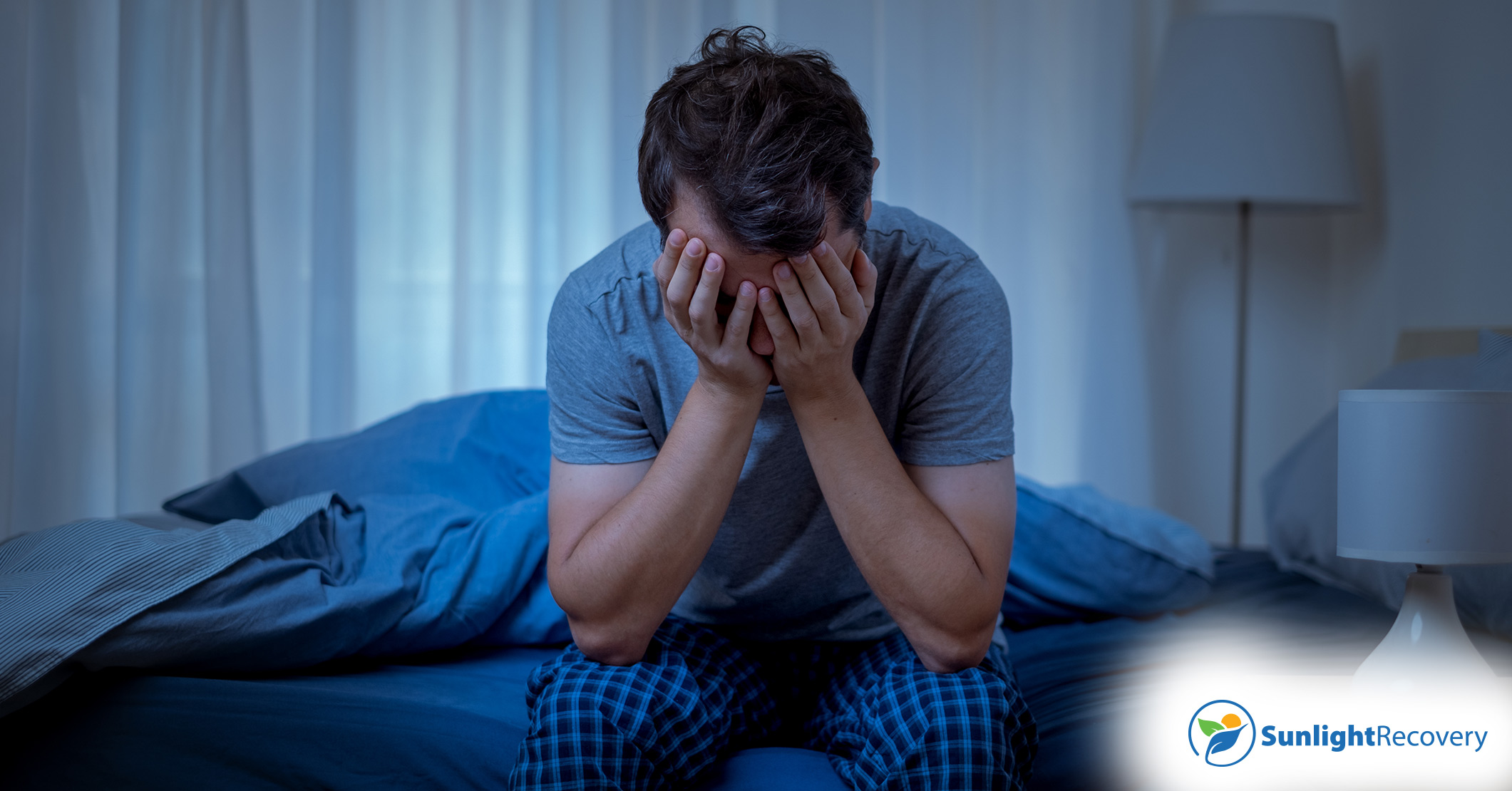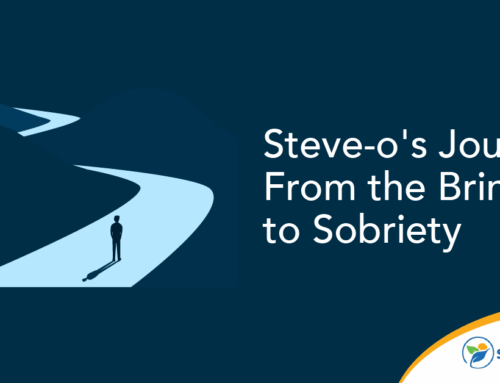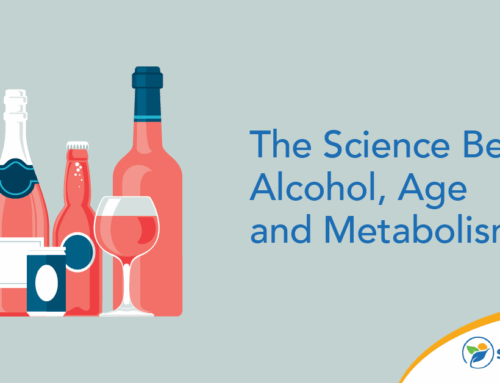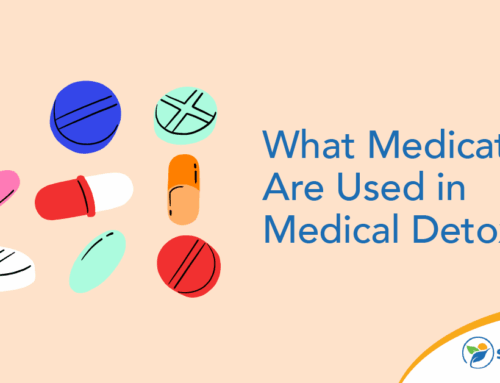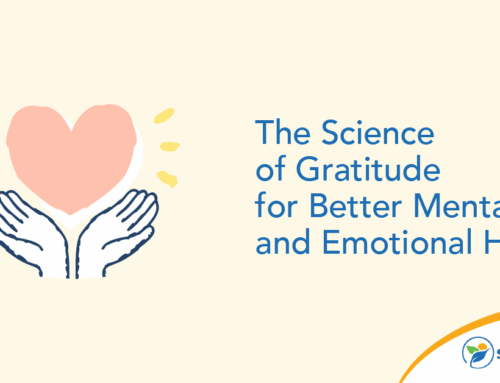Have you ever gone out drinking only to wake up feeling terrible? For many people who indulge in alcohol, hangovers are an unwelcome consequence. Often experienced the next morning, they come with a laundry list of symptoms, from pounding headaches to nausea and fatigue. While hangovers are often considered an unavoidable side effect of alcohol, there are ways to minimize them. In this article, we’ll explore how to get rid of dizziness after drinking and other strategies to make your mornings better.
Understanding Hangovers and What Causes Them
When it comes to alcohol, every individual has their own limits. For example, men tend to have higher alcohol tolerances than women. If you go beyond your limits, you may experience a hangover, which includes uncomfortable physical and mental symptoms. Hangovers are a very common consequence of alcohol, with 75% of people experiencing them after heavy drinking. Depending on how much you drink, these symptoms can last anywhere from less than an hour to over a day.
Now that you know what hangovers are, you might be wondering what causes them. Alcohol causes hangover symptoms by affecting your body in the following ways:
- Dehydration and electrolyte loss. Have you ever noticed that you feel thirstier after consuming alcohol? This is because alcohol is a diuretic, which means it makes you pee a lot. You lose fluids and valuable electrolytes your body needs to function properly.
- Disrupted sleep. Alcohol may make you fall asleep faster, but this sleep is often low-quality. Not getting enough sleep can exacerbate symptoms.
- Gastrointestinal irritation. A common symptom of hangovers is stomach pain. This is because alcohol irritates the lining of your stomach, increasing acid release and slowing down digestion. Not to mention that drinking lowers your blood sugar levels, which contributes to fatigue and nausea.
- Inflammation. Alcohol triggers inflammation, which is how your immune system responds to harmful stimuli. This can cause uncomfortable symptoms, including redness, swelling and heat.
The type of alcohol you consume can also play a role. Many alcoholic beverages contain congeners, which are compounds produced during the fermentation process. In addition to affecting the flavor of alcohol, congeners may increase the risk of hangover symptoms. Certain types of alcohol, such as bourbon and darker spirits, have higher levels of congeners than others.
Common Symptoms of a Hangover
The symptoms of a hangover vary greatly from person to person. However, many people experience the following:
- Dizziness and nausea
- Poor sleep
- Fatigue and weakness
- Headaches
- Red eyes
- Light sensitivity
- Increased blood pressure
- Vomiting
- Stomach pain
- Dry mouth and excessive thirst
- Depression and anxiety
While you can’t guarantee that you won’t experience a hangover, there are ways to help reduce your risk.
Prevention Techniques: How to Reduce the Risk of Hangovers
The only way to truly prevent a hangover is to not drink at all. If you do intend to drink, however, you may be able to minimize hangover symptoms by implementing the following techniques:
- Stay hydrated. Many symptoms associated with hangovers, such as dry mouth and headaches, are linked to dehydration. Drinking enough water can help combat dehydration and the ensuing effects.
- Eat enough food. If possible, avoid drinking on an empty stomach. While food won’t lower your blood alcohol levels, it can slow the absorption of alcohol and ease the associated side effects.
- Avoid congeners. Alcohol with high levels of congeners is more likely to cause hangover symptoms. Avoid darker-colored alcoholic beverages, such as bourbon, brandy, red wine and dark whiskey.
- Know your limits. The more you drink, the more likely you are to experience a hangover. If you notice symptoms such as dizziness, nausea or fatigue, stop drinking.
Even with these prevention techniques, there’s still a good chance you’ll have a hangover. Fortunately, there are remedies you can try the next morning.
Hangover Remedies: How to Get Rid of Dizziness After Drinking
Chances are, you’ve heard of hangover remedies before. It seems like everyone has their own quick hangover cures for nausea and dizziness that they swear by. But which ones actually work? Let’s review some commonly recommended remedies and whether they’re effective.
Here are a few helpful hangover cures:
- Drink water and sports beverages. In addition to staying hydrated during drinking, it’s a good idea to fill up on fluids the morning after. Consuming enough water and electrolytes can reduce dehydration, thirst, dry mouth and nausea.
- Eat carbohydrates. Consuming bland carbohydrates, such as crackers or toast, is a helpful way to ease stomach pain after drinking. Carbs also increase blood sugar levels, which helps with fatigue.
- Sleep. If you’re not busy, consider going back to bed. Sleeping can help you beat fatigue and feel recharged.
- Take over-the-counter (OTC) medication. Antacids can assist with stomach pain, while drugs like aspirin and ibuprofen can minimize headache symptoms. However, keep in mind that some medications, such as acetaminophen, can actually worsen symptoms.
Here are a few well-known hangover myths:
- Drink coffee. Many people claim that drinking coffee eases hangover symptoms. While caffeine can make you feel more awake, it may also worsen headaches and digestion problems.
- Drink more. Believe it or not, people swear that drinking more alcohol quickens hangover recovery. This practice, known as “hair of the dog,” can minimize symptoms temporarily. However, it’s not helpful in the long run.
- Take a shower. While taking a shower can make you feel better, there’s no evidence that it quickens hangover recovery.
Ultimately, the best way to deal with a hangover is to stay hydrated and eat properly. It’s important to note that while these remedies can be helpful, you shouldn’t be relying on them too often. If you find yourself struggling to manage your alcohol consumption, consider seeking professional help.
Overcoming Alcohol Addiction
Are you constantly dealing with unpleasant hangover symptoms? While it’s common to have hangovers once in a while, excessive hangovers and drinking can be indicative of a larger issue, such as alcohol addiction. Alcoholism damages your health and is linked to mental health issues, such as depression and anxiety.
If you’re struggling to control your alcohol intake, help is available. At Sunlight Recovery, we offer comprehensive alcohol treatment designed to help people overcome addiction and regain control of their life. Contact us today to learn more about our programs and how we can support you.


